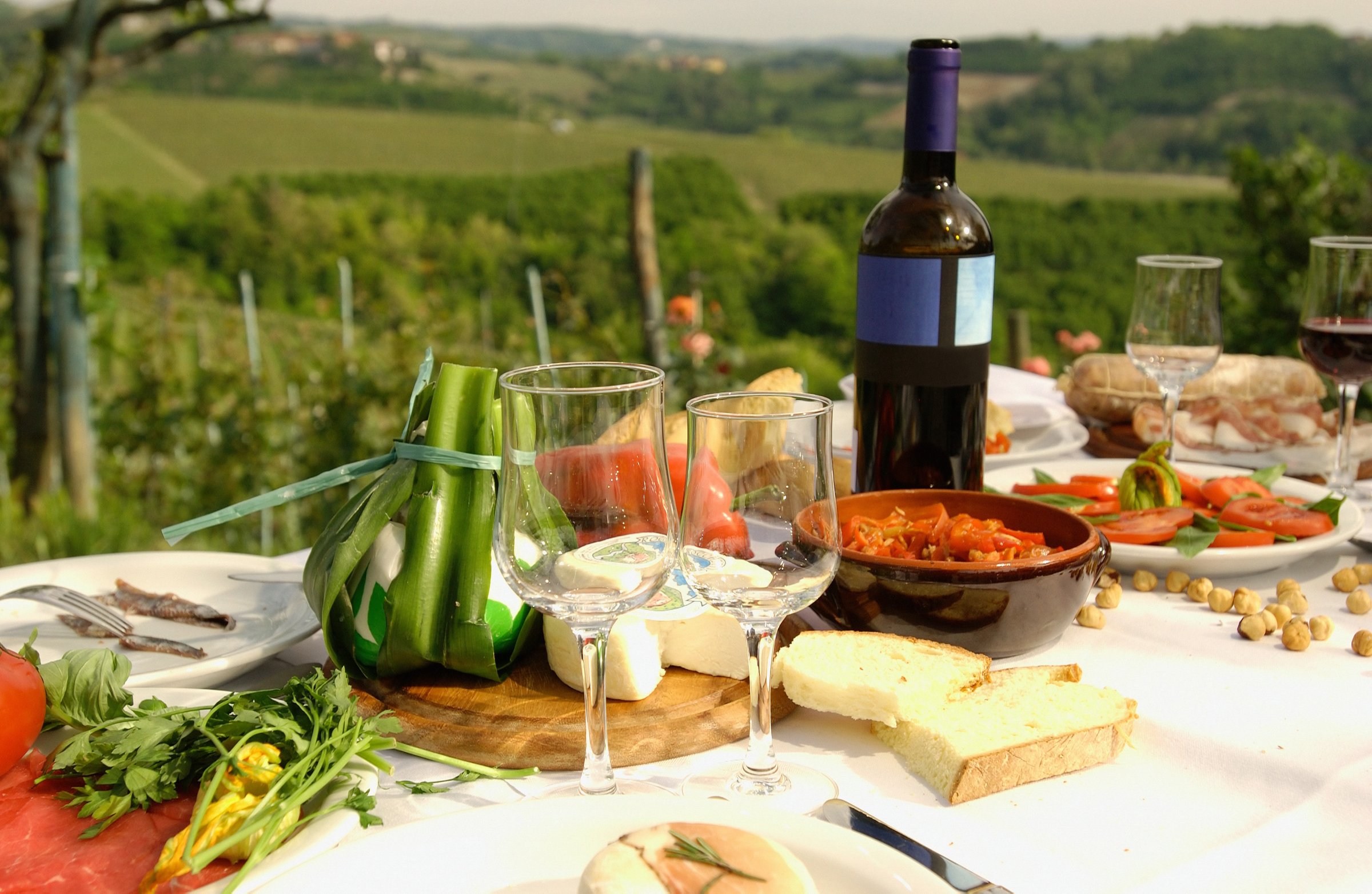
It’s no coincidence that some of the world’s populations with the longest lifespans live along the Mediterranean coast. The climate there ensures that foods like fruits, vegetables, olives, beans and fish are abundant, which are all rich in the antioxidants that can combat aging triggered by pollution and stress. They’re also powerful fighters against the inflammation driving so many chronic diseases, from heart disease to cancer.
Now, a new study published in the BMJ gives more meat to the biological connection between longevity and the Mediterranean diet. Researchers studied 4,676 women enrolled in the Nurses’ Health Study, an ongoing trial tracking the health and habits of more than 120,000 registered nurses in the U.S. since 1976. The team, led by Immaculata De Vivo, associate professor of medicine at Harvard Medical School and Brigham and Women’s Hospital, found that women who ate a Mediterranean diet had cells that were different from those who ate diets that were heavier in red meats and dairy products. The Mediterranean fans had longer telomeres, bits of DNA located at the tips of chromosomes, in their cells. Telomeres shorten every time a cell divides; they shrink by half from infancy to adulthood, and again by half among the elderly. Previous studies have linked longer telomeres to longer life and shorter telomeres to shorter lifespans.
MORE: Eat Better and Stress Less: It’ll Make Your Cells (and Maybe You) Live Longer
Even after De Vivo and her colleagues adjusted for other factors that could affect telomere length, including age, smoking status and physical activity, the link between the Mediterranean diet and longer telomeres remained strong,
“Our contribution is that we provide a link at the molecular level, at the DNA level, of the association between the Mediterranean diet and longevity and beneficial health effects,” says De Vivo.
And it wasn’t any one element of the Mediterranean diet that was primarily responsible for effect. “We didn’t find that any single component was driving the association,” she says. “It was the entire package, the pattern of eating itself.”
MORE: How to Live 100 Years
That makes sense, since each of the hallmarks of the diet—from fish to olive oil to moderate amounts of alcohol—are strong antioxidants that can fight the oxidative damage connected with aging. Together, it’s possible that the synergistic effect is beneficial for longevity.
It’s also a lesson that diet alone won’t help you live to old age. “I think nothing by itself will do anything. But a good healthy diet that’s good for you and that tastes good, physical activity, and not smoking—I think the whole composite is beneficial,” says De Vivo.
More Must-Reads From TIME
- The 100 Most Influential People of 2024
- The Revolution of Yulia Navalnaya
- 6 Compliments That Land Every Time
- What's the Deal With the Bitcoin Halving?
- If You're Dating Right Now , You're Brave: Column
- The AI That Could Heal a Divided Internet
- Fallout Is a Brilliant Model for the Future of Video Game Adaptations
- Want Weekly Recs on What to Watch, Read, and More? Sign Up for Worth Your Time
Contact us at letters@time.com